The Blog
WWJV: What Would Jesus Vote? (Guest: Jeff Motter, PhD)
One of The Table’s own, Jeff Motter (PhD), teaches Political Rhetoric at the University of Colorado Boulder, is the Curator for TEDxCU, and has worked for both Democrat and Republican political campaigns. He has also written for numerous academic journals on the topics of democracy, politics, and culture, and is anxiously awaiting the publication of his first book, Rooted Resistance: Agrarian Myth in Modern American Culture. You might say he knows a thing or two about politics, so we are especially excited to have him offer some perspective ahead of this year’s midterm elections…
One of The Table’s own, Jeff Motter (PhD), teaches Political Rhetoric at the University of Colorado Boulder, is the Curator for TEDxCU, and has worked for both Democrat and Republican political campaigns. He has also written for numerous academic journals on the topics of democracy, politics, and culture, and is anxiously awaiting the publication of his first book, Rooted Resistance: Agrarian Myth in Modern American Culture. You might say he knows a thing or two about politics, so we are especially excited to have him offer some perspective ahead of this year’s midterm elections…
Just after my parents were engaged in 1968, they visited their families in Colorado and South Dakota. It was the summer of a presidential election year between Richard Nixon and Hubert Humphrey. My mom’s family are almost all Democrats and my dad’s family all Republicans. Visiting my mom’s family, the subject of politics came up and someone said, ‘Well, if the Republicans would just become Christians, they would see that they can’t vote for Nixon.” When visiting my dad’s family a relative said, “If the Democrats would just come to Jesus, they would understand that they can never vote for Democrats.” That happened fifty years ago. The more things change, the more they stay the same.
I’ve had hundreds, if not thousands, of conversations with Christians who assume I’ll confirm what they already think. But I can’t do that. Most often, I run into three kinds of Christian voters: the Warrior, the Self-Righteous, and the Conflicted. The Warrior is in a perpetual state of war. The Warrior is always on the lookout for the wolves trying to deceive and destroy, vigilant to the evils in this world. They are fighting for America’s Christian soul, and politics is their battlefield. The Self-righteous voter is woke. They wear their political label with pride and believe anyone who disagrees just doesn’t understand and needs to be educated. They speak more than they listen, invoking their vast knowledge of history and current events to show how history and reality are on their side. They are disgusted by people who don’t agree with them and are constantly shaking their head at the idiots who vote differently. The Conflicted person sees that there are issues with both parties. They constantly feel like choices in political candidates are only between bad and worse. There are no good options but they believe it’s their civic duty to vote. They aren’t single-issue voters but, most often, they cast their vote based on one or two issues.
“Reconciliation is not passive, but actively pursues the physical and spiritual flourishing of all human society.”
There is no easy way out of this dilemma. All three types of voters have their virtues and limitations, and we’ll likely find ourselves in each of these categories at different points in our lives. Yet, so many Christians believe they have the obvious, clear answer to the question we all seek: WWJV? (“What Would Jesus Vote?”) I can’t tell you that and won’t try. What I can do is offer a framework that might be helpful. This framework doesn’t lead us to vote for a particular party or set of candidates. It’s much deeper than that: it’s a deeper way to think about how our beliefs and values might inform the choices in front of us.
Do we seek a Reckoning or Reconciliation? Do we want a Reckoning where American culture and politics are forcibly brought into compliance with the “laws” of God? This framework sees society as moving away from God more each day, and it’s the Christian’s job to fight against the forces accelerating that shift. This is the posture of both the Warrior and the Self-Righteous, doing God’s work as we (conservatively or progressively) define it. More often than not, this work is interested only in forcing society into compliance. A reckoning is coming and we want to make sure we are on the correct side of history.
A framework of Reconciliation is quite different. This framework sees society as fundamentally broken, and Christians as God’s instruments in reconciling a broken world to Christ. The biblical concept of shalom is deeply embedded in the DNA of this perspective, and calls Christians to a vocation of creating wholeness and harmony in a world characterized by brokenness and division. It is not about any single issue, but all issues because every one of them are part of the complex ecosystem of God’s Creation. Reconciliation is not passive, but actively pursues the physical and spiritual flourishing of all human society. It prioritizes the comprehensive well-being of others, and rejects the radical individualism that places our interests and needs above our Neighbors’. To pursue Reconciliation requires us to leverage our vote to the policies, positions, and persons we think will most holistically flourish human society.
In Jeremiah 29, God called His people, while exiled and enslaved by a hostile nation, to “seek the shalom (wholeness and harmony) of the city where I have placed you.” We are far from being an enslaved people, we live in a democracy where we get a voice and a vote, and yet our calling is certainly not less than this. Let us use both our voice and our vote for the shalom of whatever place (local, national, and global) that God has put us.


